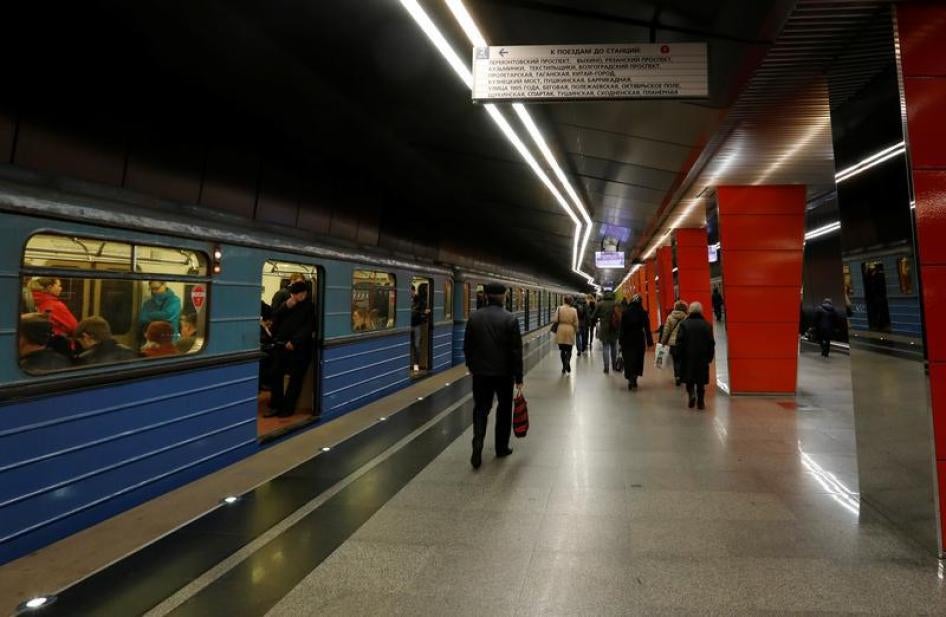When I entered the Moscow metro with a big backpack several days ago alongside another passenger, this is what the police officer saw: two young men, one of them Caucasian, the other one Asian, both with bulky luggage. However, only one of us got stopped for questioning, had his documents checked and his backpack searched.
While this could conceivably have been a random search, in Russia the reality is that this was just an example of racial – or ethnic – profiling. It’s a longstanding practice there which has been on the rise again following the St. Petersburg metro bombings in April, in which the suspect is a young man of Central Asian origin. “Sometimes they check my documents nearly every day. When I asked, they wouldn’t give me a reason why,” Mohamad Nazir, a migrant from Afghanistan, told me.
When police officers stop non-Slav passengers and find an irregularity with their documents, they sometimes demand money to drop the matter. It could be a lucrative business in a country where, according to a poll, the public perceive police as the most corrupt of government agencies. When I asked Muzaffar, a young Uzbek, to meet me in central Moscow, he said he couldn’t because the police were likely to harass him on the metro and he had no money to pay them off.
A survey back in 2006 by the Open Society Justice Initiative found that people of non-Slav appearance were 21.8 times more likely to be stopped by police on the Moscow metro. However, only in three percent of the checks they examined was the person stopped potentially in breach of the law, and in all cases it was minor infractions like failing to properly register residency. In other words, racial profiling wasn’t catching any would-be terrorists.
Svetlana Gannushkina, Russia’s leading migration expert, says that while racial profiling is less intense today than a decade ago, it’s still widespread. Racial profiling runs contrary to the ban on discrimination in Russia’s Constitution and its international human rights obligations.
Stepping onto the escalator, I turned back and got a final glimpse of my fellow commuter being groundlessly questioned by police. I could not stop thinking about him for the rest of my metro ride.
|
Dispatches
When Riding the Moscow Metro Is Not an Option
Racial Profiling by Russian Police is on the Rise Again
Your tax deductible gift can help stop human rights violations and save lives around the world.
Region / Country
Most Viewed
-
November 25, 2019
A Dirty Investment

-
February 24, 2026
Iran: Tsunami of Arbitrary Arrests, Enforced Disappearances

-
June 3, 2025
“They’re Ruining People’s Lives”

-
January 25, 2024
“We’re Dying Here”

-
December 19, 2024
Extermination and Acts of Genocide






